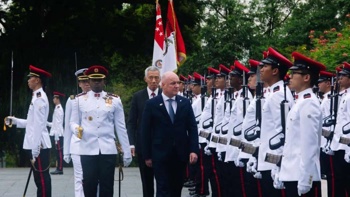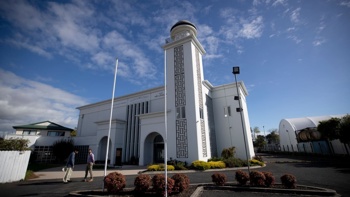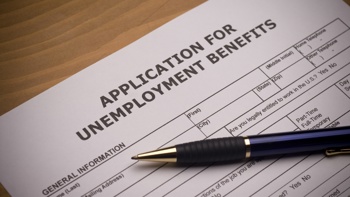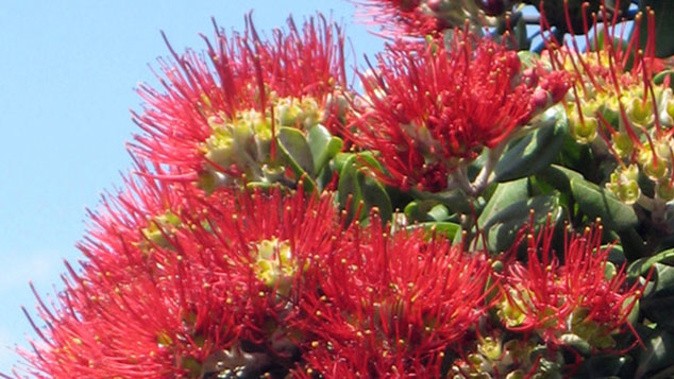
The Prime Minister has promised Aucklanders that her Government will not keep them "trapped over Christmas" - but has not yet spelt out how people will be able to travel for their summer holidays.
She also said she would be guided by organisers and public health advice on whether Waitangi Day celebrations should be cancelled for fear of a super-spreader outbreak in Northland, where vaccination rates are low.
Speaking on Newshub Nation this morning, Jacinda Ardern said it was "a bottom line for us" that Aucklanders could move around for summer and Christmas.
She said that raised the practical issues of how to do that safely. She said the challenge was allowing 30,000 to 40,000 people to be able to move all at once.
"I can say this to Aucklanders. We are not going to keep you trapped over Christmas. It is not right."
She said the bottom line was to allow movement, and the secondary issue was to allow that to happen safely. She would not be drawn on how that would happen - or unequivocally rule out measures such as time slots for Aucklanders to drive across the boundaries but said officials were working through what measures could apply.
She said flights were less problematic than car travel, but the vast majority of people in Auckland tended to travel by car over summer.
She said they were still getting advice on whether to only allow double-vaccinated people to travel, but said the boundary was a temporary measure. "This is for the here and now."
She said Cabinet had not yet made a decision on whether only vaccinated people would be able to cross the boundary, and said the vaccination rates in other regions was a factor in that decision.
"Everybody needs a reprieve. People are Covid-exhausted. I want that reprieve to be over summer.
"We want to contain the outbreak as much as we can, and the tools we have are vaccines and testing." She would not say whether they were considering closing regions such as Northland, rather than keeping Aucklanders in.
Asked about her comment in early August to the NZ Herald that she was not in favour of vaccination certificates, Ardern noted a lot had happened since then.
"The alternative to not using vaccine certificates is you don't have events", and businesses have to close down. She said the certificates allowed the Government to give businesses some certainty.
She said the Government had been working on vaccine passports for international travel for some time, and some of that preparation was useful for the domestic certificates.
Ardern said international vaccine passports were being developed to ensure they were compatible with other countries, such as the EU.
"We are designing something that will work at the border for other countries. Anyone travelling before then is able to get physical proof of their vaccine before they leave the country."
On her planned trip to Europe which was postponed until next year, Ardern said that was only ever a possibility and what mattered most was what was happening domestically. She said early next year was better timing for the free trade negotiations anyway.
On home isolation for travellers, Ardern said once there was home isolation checks and balances were needed, so a good system was needed. That was because if there were no limits on incoming travellers, about 30,000 - 40,000 people could be isolating in any week and that raised the risk of Covid-19 cases.
"The border is one area where once you pull that lever, it's very hard to pull it back." She said she would not want people returning from overseas only to find that Covid-19 was as bad in New Zealand as the place they had come from.
Ardern said she would not ask parents to vaccinate their children unless and until that vaccination had gone through New Zealand's own safety processes such as Medsafe. Once that happened, the rollout could happen quickly.
On boosters, she said the Government was still waiting for advice on the space before those boosters should be given and would then roll them out in the same order as the first vaccination rollout, with the vulnerable and elderly going first.
Asked whether Waitangi plans would go ahead, Ardern said the aim was to have vaccination rates high enough to allow events such as that to go ahead. However, it was up to the organisers to decide whether that should happen. "Covid does make planning difficult."
The Waitangi Trust is considering cancelling the events, Dover Samuels telling Newshub that they could not set up a vaccines certificate system for the sprawling event and were worried it would become a super-spreader event, especially if Northland's vaccination rate was still lagging.
Asked if the job was a taking a toll and if she had another term in mind, Ardern said she had only just been re-elected a year ago.
"You can't anticipate what will come up in this job but I still consider this the greatest privilege in my life."
Labour is due to have its annual conference today, and the party will vote on a change to its leadership election processes to allow two-thirds of caucus to elect a new leader rather than go to the wider party membership for a vote.
Balancing act
An expert says despite a record number of cases on Friday, slight freedoms promised to fatigued Aucklanders next week could still go ahead amid a careful "balancing act" of politics and public health.
"I think everyone is gearing up for the shift, and it would take a lot to change that," epidemiologist Dr Michael Baker said.
However, he was "on the fence" about whether it was safe enough from a purely health perspective, as it had the potential to increase case numbers.
Part of Baker's concern was a lack of information about if and when all school pupils will return in Auckland. Currently just senior high school students have done so, from last week.
The Government has made an in-principle decision to move Auckland to step 2 of level 3 restrictions from 11.59pm Tuesday. Cabinet will meet on Monday to make a final call.
This step would allow retail stores to operate with safe distancing requirements and mask use, public facilities like libraries and museums to reopen, and outdoor gatherings to increase to 25 from 10.
Baker said step 2 was likely manageable, but a move to step 3 and opening up hospitality could be "a disaster".
"If it was just a public health decision, focused on minimising case numbers to minimise chronic effects on survivors, it would be simple, but from a societal view it is more complex. People do want to get on with their lives as much as possible," Baker said.
The shift away from elimination to "active suppression" in Auckland meant decisions were now a "balancing act" in terms of how many cases could be tolerated against giving greater freedoms, he said.
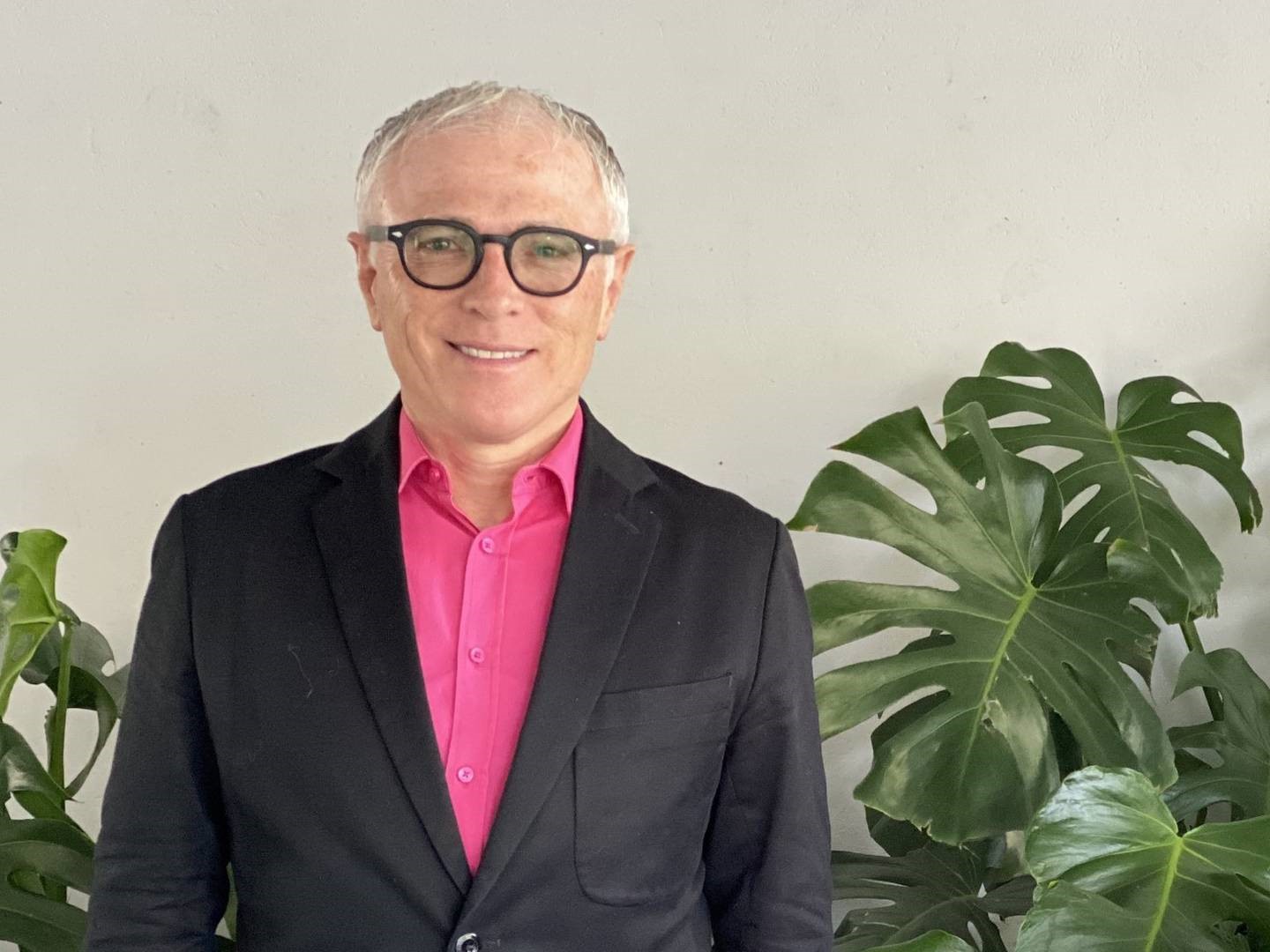 Epidemiologist Dr Michael Baker. (Photo / Supplied)
Epidemiologist Dr Michael Baker. (Photo / Supplied)
Baker's comments come as a record 163 cases were reported yesterday - 159 in Auckland and four in the Waikato - just topping the previous high of 162 on Monday.
There were 69 people in hospital on Friday, including six in intensive care or high dependency units.
Importantly, the numbers still fall within high-level Government modelling published on Monday, which has daily case numbers peaking at 200 a day later this month, including 11 ICU admissions a week.
The numbers also show an increasing "decoupling" of hospitalisations from case numbers, as vaccination levels continue to rise.
Of those infected in this outbreak, the proportion without a single dose has dropped from 82 per cent on September 9 to 70 per cent.
Meanwhile, the hospitalisation rate of all cases has dropped from 9.7 per cent to 7.1 per cent over the same period.
As of Friday, 77 per cent of the eligible population - aged over 12 - have had two doses of the Pfizer vaccine, and 88.8 per cent have received at least one dose.
There should be a decent boost today, being three weeks after the Super Saturday vaccination event that resulted in 130,002 people being vaccinated in a single day. That included 39,025 people who are now due for their second dose.
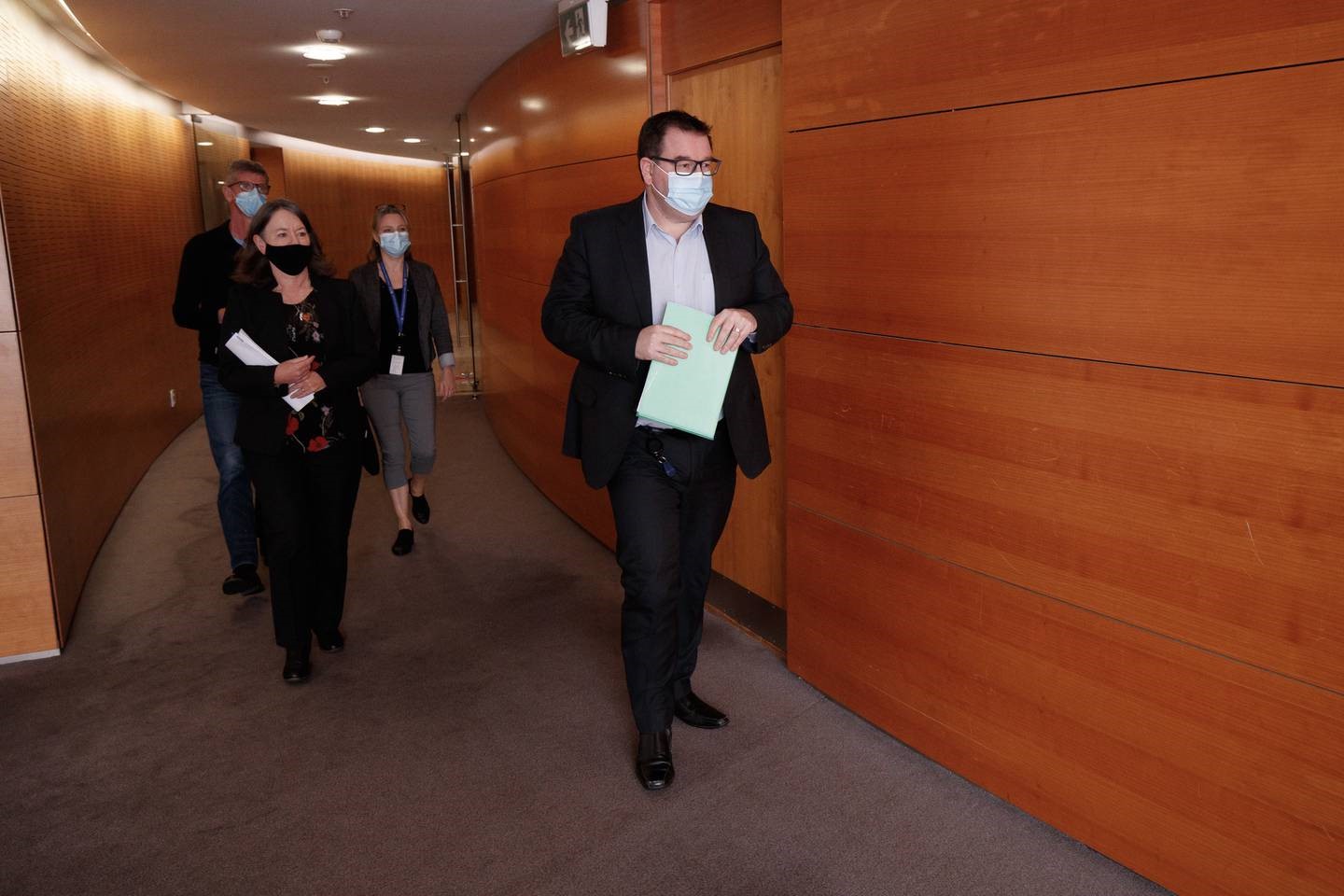 Deputy Prime Minister Grant Robertson and director of public health Dr Caroline McElnay. (Photo / Robert Kitchin)
Deputy Prime Minister Grant Robertson and director of public health Dr Caroline McElnay. (Photo / Robert Kitchin)
However, the record number of cases also comes as the contact tracing system looks increasingly stretched and will now focus only on publishing "high-risk" locations of interest, and more issues coming to light with people self-isolating at home because the MIQ system is at capacity.
Director of public health Caroline McElnay said on Friday a second person isolating at home with Covid had died.
He had recently been treated in hospital and had self-discharged, she said.
Investigations were still under way to determine the exact causes of both deaths.
Pressed on support and resources being offered to those self-isolating, she said that would be part of the investigations and to determine if "improvements are needed".
Baker said from a risk management perspective the situation in Auckland seemed "absurd", whereby fully vaccinated travellers who had tested negative were being put in MIQ while infected people were being asked to self-isolate, some ending up doing so in crowded housing.
"The risk-management settings are all over the show at the moment. Those hotels need to be used for the high-risk cases, not leaving them at home in poor housing."
Meanwhile, Taranaki, Gisborne and Napier have been on high alert after Covid-19 was detected in wastewater samplings.
Authorities were working last night to see if there were undetected cases in the Gisborne region after two wastewater samples came back positive earlier in the day. The tests were taken between Monday and Wednesday in Napier and Gisborne.
As of Friday, no positive cases had been reported in those locations.
Te Pāti Māori co-leader Debbie Ngarewa-Packer, who has been assisting the local response with iwi Ngāti Ruanui and Ngāti Maru in Taranaki, said there were major concerns given low vaccination rates, particularly for Māori.
"We are particularly concerned given Stratford is a high-density area for Māori whānau," Ngarewa-Packer said.
"The next concern is the extremely low vaccination rates, with a 68 per cent second-dose vaccination rate overall.
"However, this is worse for Māori with less than half fully-vaccinated," said Ngarewa-Packer, who has trained as a vaccinator and has been helping out this week.
There were concerns in Gisborne given low vaccination rates there also. In Gisborne, 79 per cent of residents have received their first dose, and 65 per cent are fully vaccinated.
There were two attempts to flee an MIQ facility in 24 hours to Friday.
One involved a Covid-19 case fleeing a Hamilton MIQ facility by removing a section of fencing and jumping into a waiting car, but it was stopped by police a few minutes later.
The second ran away from the entrance to the Holiday Inn at Auckland Airport last night. They were also caught within five minutes.
In a statement, Joint Head of MIQ Brigadier Rose King said every event like that was "extremely disappointing".
As vaccination rates increase and ahead of a shift to the new traffic light system of Covid-19 management, work continues on developing vaccine certificates.
The Ministry of Health on Friday published further details for the My Vaccine Pass, an official record of vaccination status, to help people access places within New Zealand, and a separate pass for use when travelling internationally.
Both passes will be stored in a QR code that can be downloaded to your personal phone or may be printed out. They will be available later this month.
Take your Radio, Podcasts and Music with you






